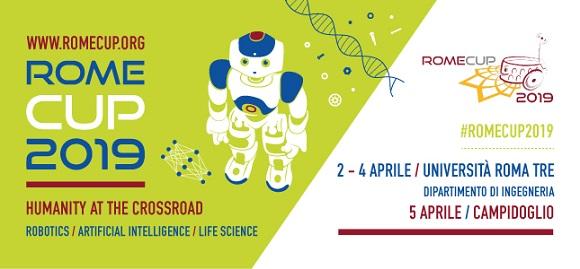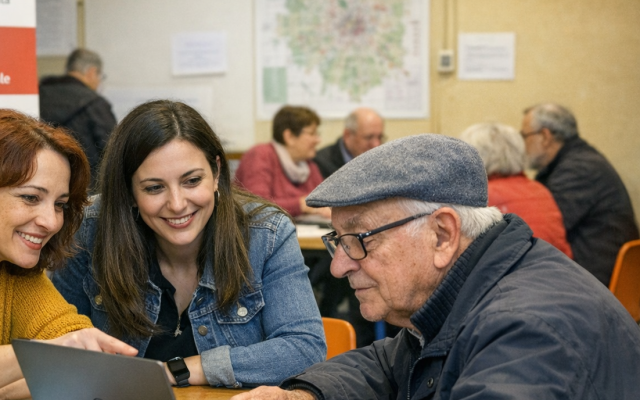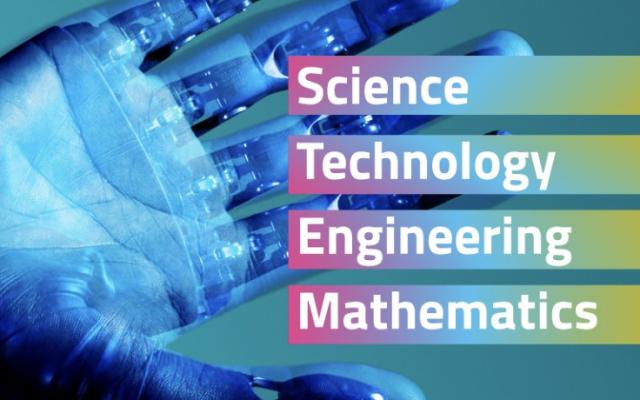Ten teams for university students, PhD students and researchers from 10 international universities and prestigious research centres worked for two days in the "Superconnected Robot" Coding Marathon, developing aides for citizens, robotic prototypes to help individuals with special needs and elders, ecological spheres that monitor air and water quality, vocal supports for the sight-impaired and much more [see news: Young Talents at RomeCup and A Challenge for Ten Ideas].
High school students were also very excited as they understood, thanks to this experience, the enormous creative potential of technology. This is no longer a sterile world for a few, but a universe that must be discovered and governed, especially to help the more fragile categories, as well as all citizens, in general.
The awards ceremony was organised by Marco De Guzzis, Invitalia Market and Service Development Manager, who emphasised the professional value and technical level of the competing projects. Students, researchers and start-uppers were original and innovative, not only in their ideas, but also in the way in which they were presented. Indeed, this made the jury’s decision very difficult. Invitalia decided to provide a special opportunity to support and incubate all the competing ideas, no matter which won the competition.
The hackathon was won by an all-female team of Robotic Engineering, Biomedical and Neuromorphic researchers at the Università Sant’Anna di Pisa and the University of New York with a name that reminds us of the two main focuses for development: inclusion and medical support for liver disease patients.
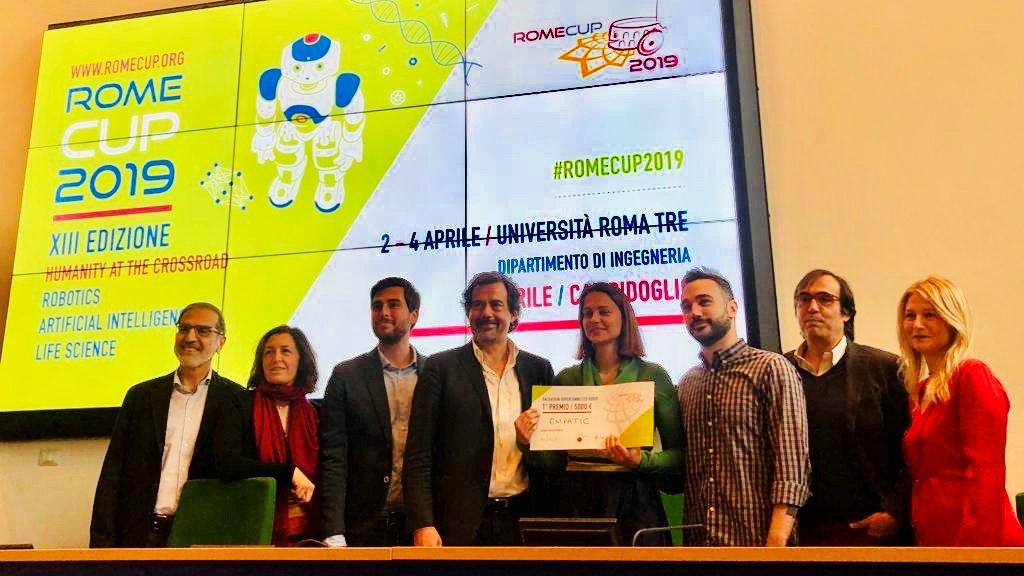
EMPATIC is based on the research activities conducted by SMANIA Srl, a spin-off of the Scuola Sant’Anna di Pisa, operating in neurotechnology to design and develop invasive neural interfaces for bidirectional electrical communication with the nervous system.
“Empatic (Electro-Modulation of PAncreaTicIslet Cells), explains ENEA Researcher Silvia Bossi, "aims to develop a sustainable neural interface that will significantly simplify the lives of Diabetes type 2 patients. It was an idea we were toying with for some time, when this opportunity appeared, and we set right down to work. One of our members is involved in research in Israel, while another teaches in the United States, so we worked in videoconference. We hope that this prize will help make the difference.”
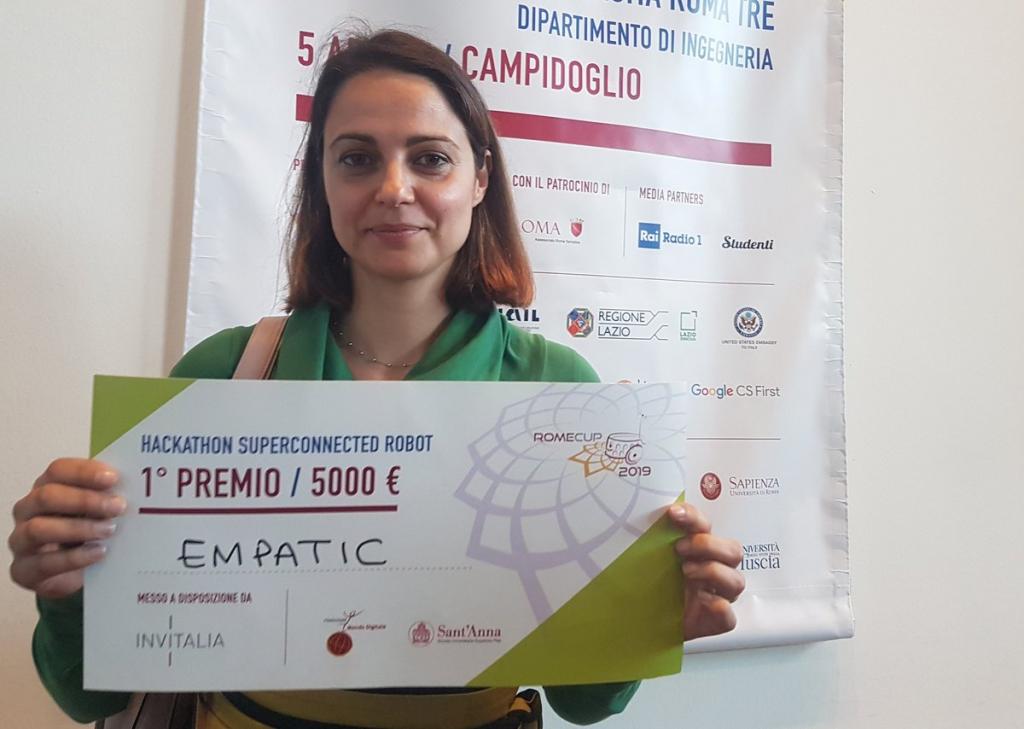
The team includes Silvia Bossi (ENEA), Vittoria Flamini (NYU Tandon School of Engineering), Gemma Taverni (PhD Student, University of Zurich), and Elisabetta Bianchini (CNR), as well as two students from IIS Vallauri di Velletri (Rome): Matteo Nunziata and Lorenzo Rennetti.
A live interview by Ilaria Bonanni with Silvia Bossi at the end of the challenge. Unfortunately, the background noise makes it hard to understand.

![]() PRESS KIT
PRESS KIT
(Download files in PDF)
- Programme
- Press Note
- Website
- Multi-event Profile
- Poster
- Showcase Area
- Labs
- Competitions
- Creative Contests
- Hackathon
- Related Projects
- Figures
- Data on Robotics, Artificial Intelligence and Life Sciences


